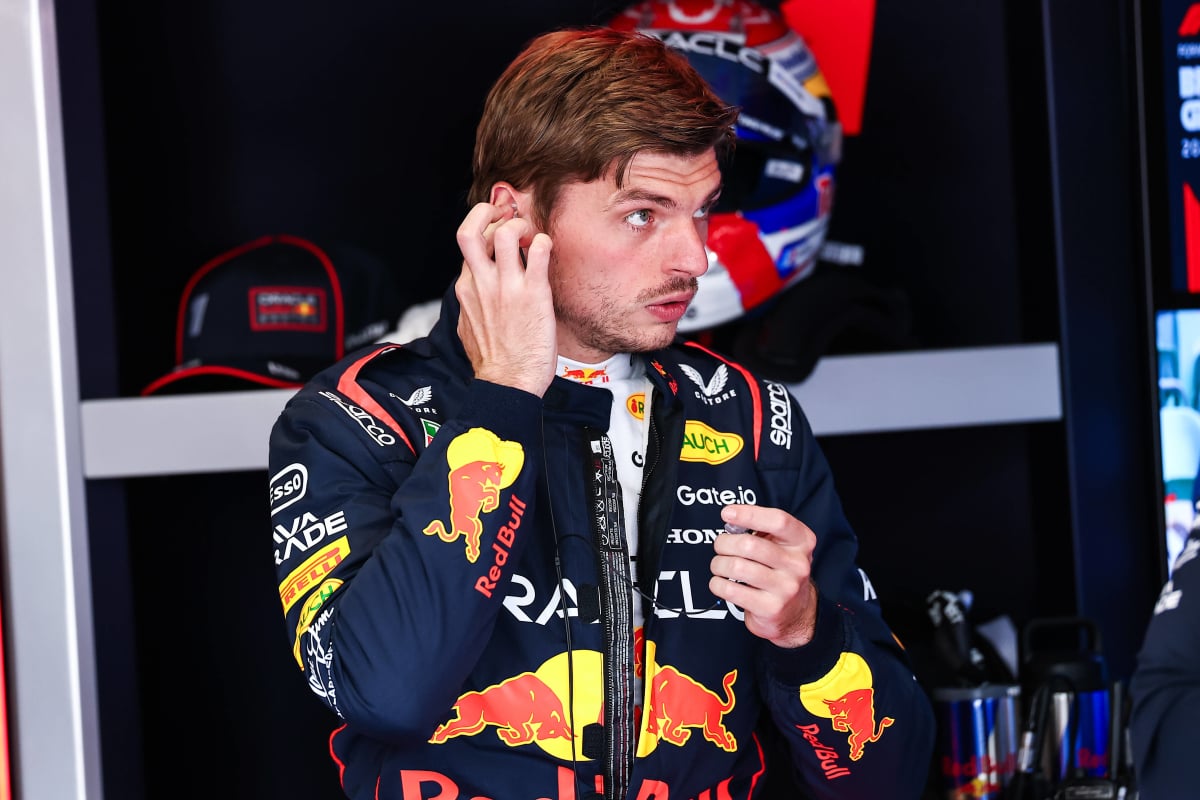Verstappen Rejects Comparisons to Upcoming Red Bull Star, Highlighting the U… read more
Two-time Formula 1 world champion Max Verstappen has firmly dismissed comparisons between himself and any upcoming Red Bull star, emphasizing the unique circumstances and individual journeys that define a driver’s success in the pinnacle of motorsport. While Red Bull’s junior program continues to churn out talented drivers, the Dutchman has made it clear that the hype surrounding potential successors shouldn’t overshadow the distinct challenges and personal attributes that propelled him to the top. His recent comments, made during a press conference following a dominant race victory, underscore not only his confidence but also a nuanced understanding of the complexities involved in transitioning from junior formulas to the unforgiving world of F1.
Verstappen’s statement comes amidst growing speculation surrounding several young drivers within the Red Bull ecosystem. Liam Lawson, in particular, has emerged as a frontrunner, having impressed with his substitute appearances in the senior team and demonstrating consistent pace in Formula 2 and other support series. Other drivers like Ayumu Iwasa and Dennis Hauger also represent promising prospects within the Red Bull Junior Team, each possessing unique strengths and styles that could potentially translate to F1 success. However, Verstappen’s assertion serves as a cautionary tale against prematurely projecting future greatness. He pointed out that the transition from junior categories to F1 involves more than just raw speed and talent; it demands adaptability, mental fortitude, and an unwavering resilience to handle the immense pressure and scrutiny associated with the sport at its highest level.
The Dutchman’s own career provides a compelling case study. His early entry into Formula 1 at the age of 17, though unprecedented at the time, was far from a guaranteed path to success. He faced criticism and skepticism, enduring difficult periods with Toro Rosso before ultimately showcasing his exceptional talent with Red Bull Racing. His journey was punctuated by high-profile incidents, controversial on-track battles, and moments of both brilliance and frustration. These formative experiences shaped his driving style and his mental approach to the sport, forging a unique resilience that only years of intense competition could cultivate.
Verstappen’s rejection of direct comparisons isn’t an act of arrogance but rather a recognition of the multifaceted nature of F1 success. While talent undeniably plays a significant role, other crucial factors include the support structure a driver receives, the team’s overall performance, the car’s competitiveness, and even the sheer luck that can dramatically influence a driver’s trajectory. The rise of Lewis Hamilton, for example, involved a different path, nurtured by McLaren’s systematic development and a distinct team dynamic that fostered his growth. Similarly, other champions like Michael Schumacher and Ayrton Senna each navigated their own unique challenges and opportunities, highlighting the intricate interplay of circumstances that contributes to success in F1.
The current Red Bull dominance, fueled by a dominant car and a highly effective team structure, also adds another layer of complexity. While this provides an advantageous platform for upcoming drivers, it doesn’t guarantee success. The pressure to perform under the intense spotlight of expectation, coupled with the inherent challenges of adapting to the demands of an F1 car and the intricacies of tire management, strategy, and racecraft, remains a significant hurdle. The younger drivers, while immensely talented, still have much to learn and prove. Their respective paths will likely diverge from Verstappen’s, defined by their individual skills, learning curves, and the specific circumstances they encounter.
Verstappen’s comments serve as a valuable reminder that the narrative surrounding young drivers should be tempered with realism. While acknowledging their potential, it’s essential to avoid premature comparisons that can create unrealistic expectations and potentially hinder their development. The journey to becoming a world champion in Formula 1 is extraordinarily challenging, requiring a combination of innate talent, unwavering dedication, and a considerable dose of luck. Each driver’s path is unique, and while some may share common traits, the ultimate measure of success will lie in their individual achievements and their ability to overcome the immense challenges that lie ahead. The future of Red Bull’s junior program is bright, but the comparisons to Verstappen should be respectfully discarded, allowing each driver to forge their own destiny within the challenging and unpredictable world of Formula 1.




